According to a 2017 government report, nearly 9% of small businesses in the UK are social enterprises. Social enterprises bridge the gap between commerce and charity: typically part of a larger mission, they use business to improve social, economic and environmental wellbeing. In many cases, social enterprise offers meaningful employment to people who are underrepresented by the system.
A 2018 report from Social Enterprise UK put the value of social enterprise at an incredible £60 billion a year—that’s 3% of GDP, and three times larger than the agriculture sector. TechRound lists its top 10 social enterprises in the UK.
Echo (Economy of Hours)
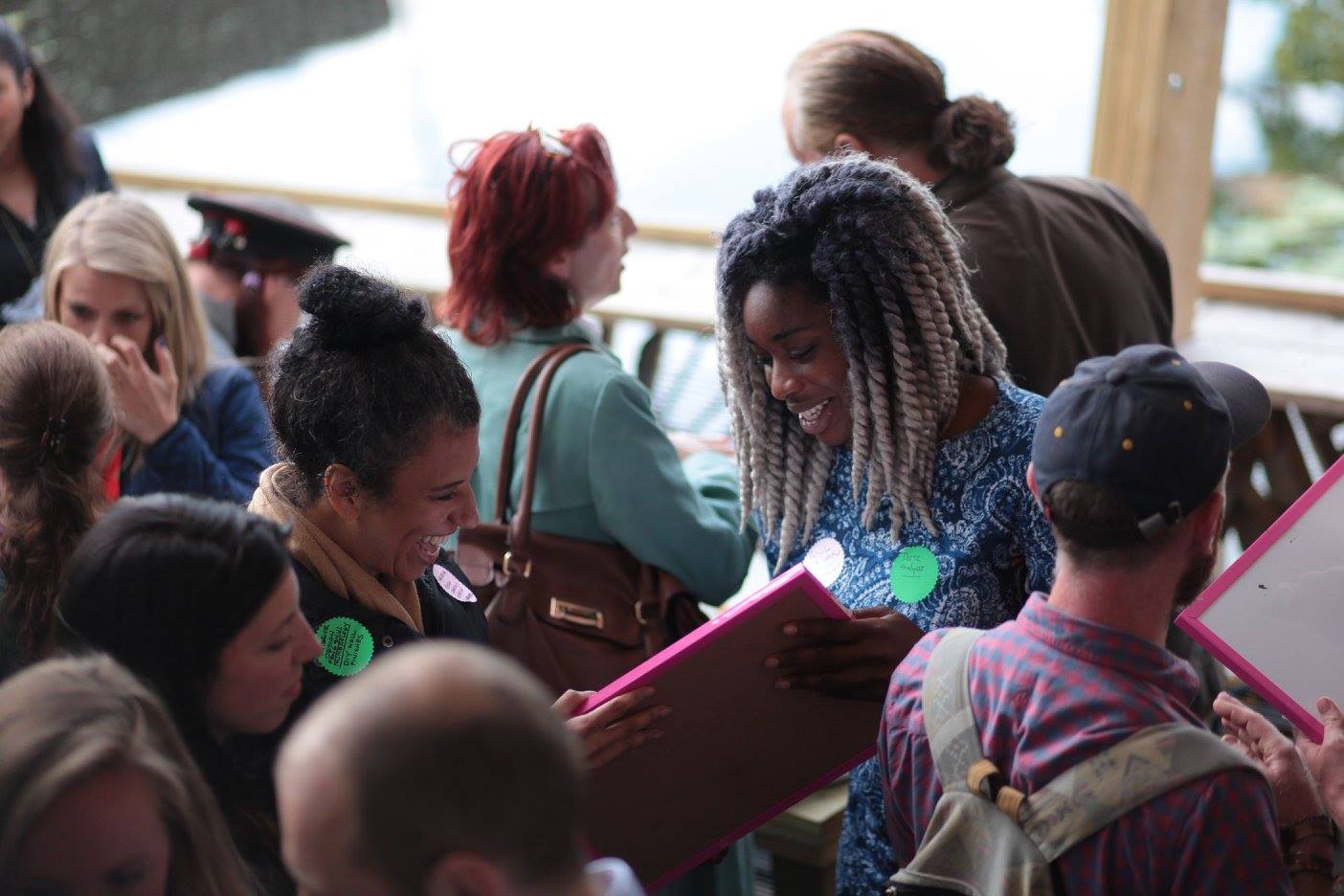
Location: East London
Echo has a vision: an economy where everyone’s time and skills are valued equally. On the platform, you’ll find people from all walks of life, including writers, massage therapists, caterers and teachers, all trading an hour of their time for an hour of somebody else’s. With a 5,000-strong userbase in East London, Echo plans to expand by setting up new hubs across the UK.
Echo also runs a popular business growth accelerator, Echo++: it offers regular programmes for East London businesses and budding entrepreneurs. Where other accelerators work with finance and equity, Echo++ is powered by skills and knowledge shared between members—the idea is to collaborate and make lasting partnerships within the local community.
Migrateful
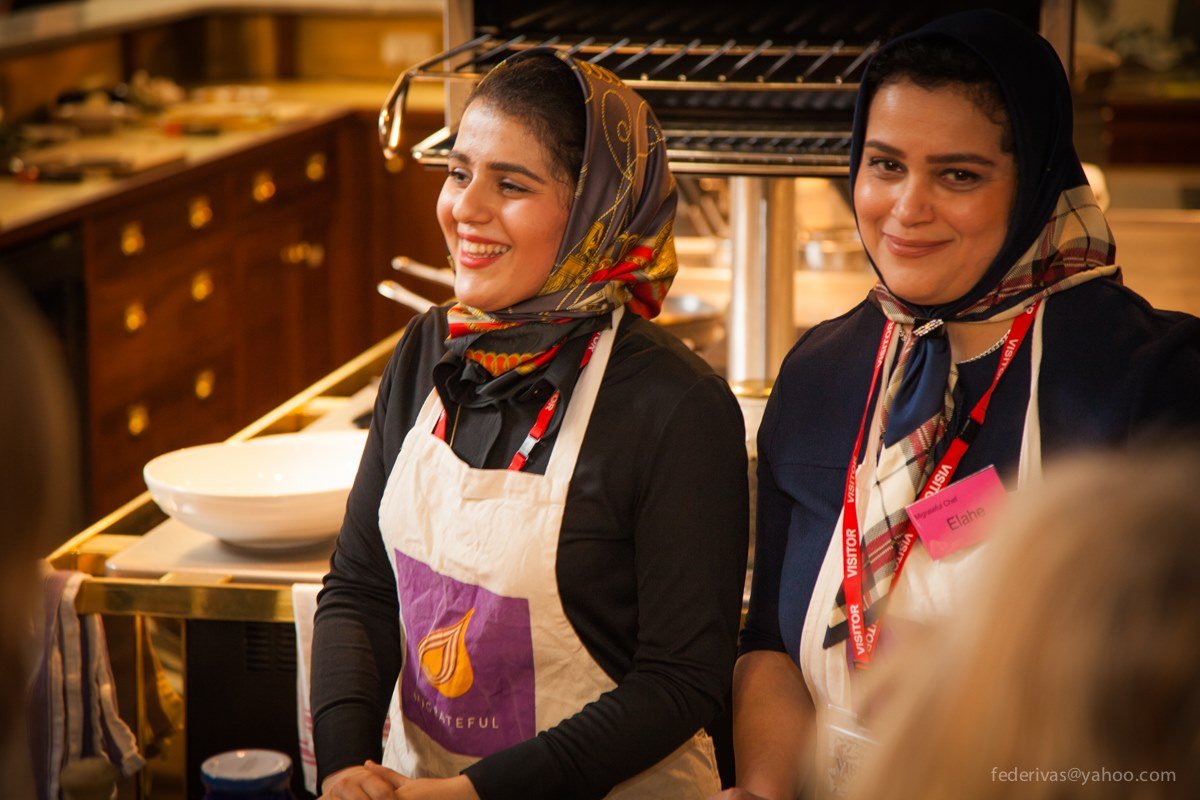
Location: London, Kent and Bristol
Migrateful empowers and celebrates asylum seekers, refugees and migrants from all backgrounds by supporting them to run their own cooking classes. Founded in London, the social enterprise also operates in Kent and has recently expanded out into Bristol.
Many asylum seekers, refugees and migrants struggle to integrate and find work, which has a knock-on effect on confidence and mental health. When chefs work with Migrateful, they get to practise their English, build their confidence and get valuable skills under their belts: many go on to run their own catering businesses.
Participants go through six months of weekly workshops, building up their confidence until they feel ready to teach classes; they then work with Migrateful and their network of host venues to teach evening classes to paying customers. For customers, it’s a great way to learn new recipes and break bread with people from different walks of life. Supporters include Jamie Oliver, Nesta, WeWork and Tate Modern.
Hey Girls
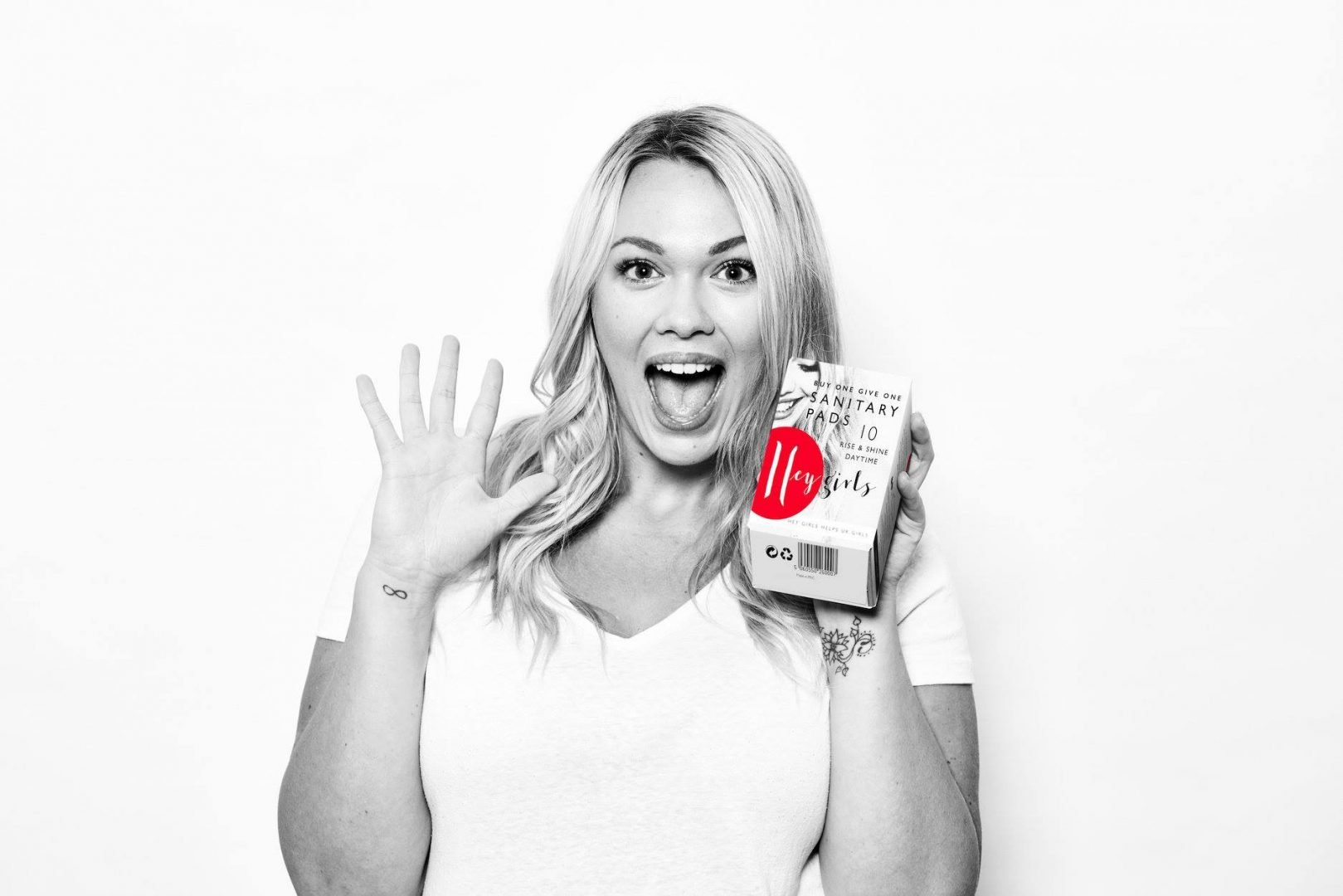
Location: Edinburgh, available nationwide
Edinburgh-based Hey Girls is tackling period poverty in the UK with its buy one, give one menstrual products. One in 10 girls or women aged 14 to 21 in Britain cannot afford pads or tampons, but the stigma attached to periods means that period poverty has long flown under the radar.
When you buy a box of Hey Girls pads or tampons, you also buy one for a local girl or woman in need. Hey Girls works with community organisations and schools across the country to deliver its donations, so product is distributed fairly—not just to the biggest communities.
On top of that, Hey Girls products are plastic free and made with bio-based materials including bamboo and organic cotton. Good for you, other women and the planet.
Unseen Tours
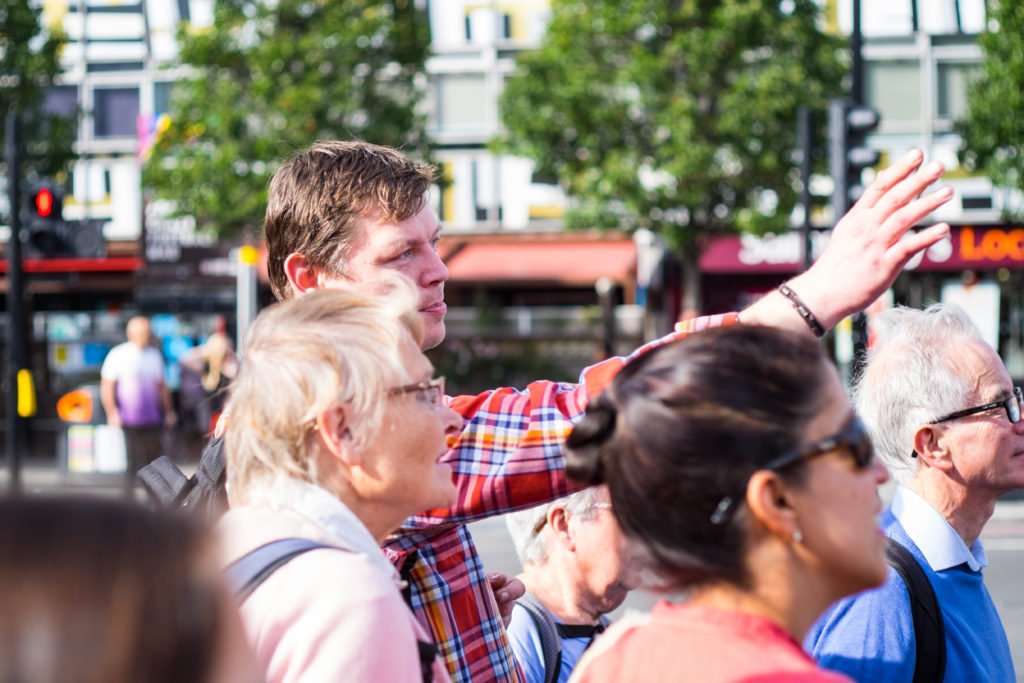
Location: London
Unseen Tours works with homeless, ex-homeless and vulnerably housed Londoners to deliver award-winning walking tours with a unique perspective.
By providing paid work to vulnerably housed Londoners, Unseen Tours acts as a stepping stone back to employment and facilitates conversation. Being homeless often comes hand-in-hand with feeling invisible and powerless; these walks help to shift that power dynamic by putting guides in a place of leadership and authority.
When you book onto a tour, you’ll learn about history, hotspots and life as a homeless person in the area. 60% of ticket sales and 100% of tips go to your guide, while the remaining 40% covers essential operational costs.
With tours covering Soho, Brick Lane, Covent Garden, London Bridge and Shoreditch, you’re bound to discover something new.
Homes for Good

Location: Glasgow
Homes for Good is the UK’s first social enterprise lettings agency. The premise is simple: Homes for Good finds and creates affordable homes for Glaswegians on low incomes. The investments arm of Homes for Good renovates run-down properties, while the lettings side works closely with tenants and landlords to provide a service that’s transparent, ethical and fair to both sides.
So far, Homes for Good has a portfolio of around 500 homes in and around Glasgow. 90% of its tenants are low income, and around 50% are on housing benefit.
In the private sector, being on benefits is a huge obstacle to renting: founder Susan Aktemel reckons that three-quarters of applicants on housing benefit are rejected straight off the bat. Here, everyone is treated equally.
Homes for Good recently received £2.4 million from the National Lottery to roll out its business model across the UK.
Birdsong

Location: London, shipping globally
Birdsong designs chic, size-inclusive fashion that is sustainably made by women who are paid a fair wage. Every piece is sewn, knitted, printed and embellished in the UK by skilled women makers who face barriers to employment, including migrants and elderly women; Birdsong even works with Mail Out, a charity for people with learning disabilities, to ship its goods. In 2018 alone, the brand created over £100,000 in social value by employing its makers.
That’s not all: Birdsong never airbrushes its models, who are real customers from a range of backgrounds. The label’s tagline, “No sweatshops, no Photoshop” is a welcome challenge to the fashion industry and an ethos we could all benefit from.
Birdsong is currently crowdfunding its new size-inclusive line; rewards start from just £5.
BECO.
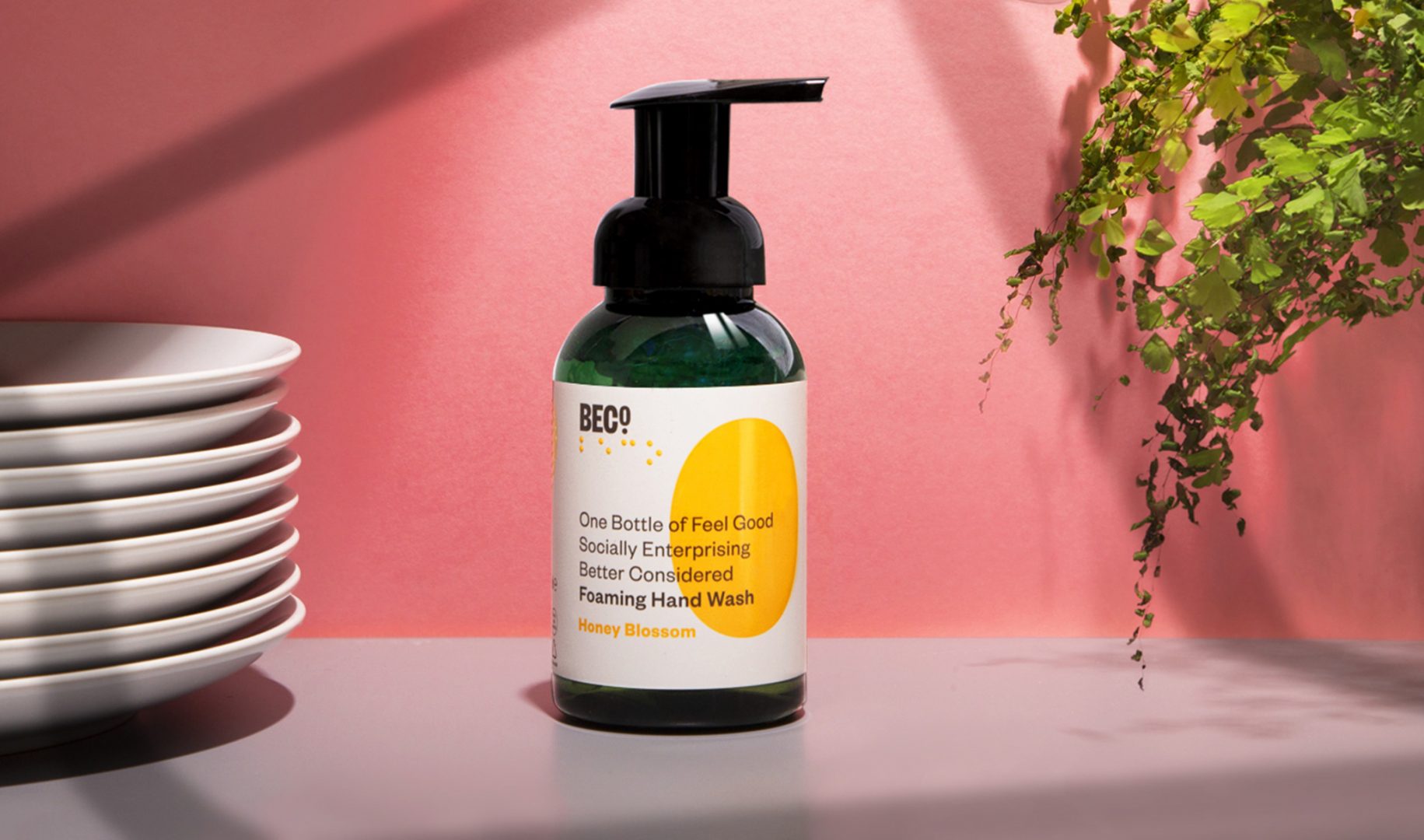
Location: London and the Lake District, available nationwide
You may have seen BECO. products in supermarkets, or heard of sister brand The Soap Co. Clarity, the charity behind both brands, is the oldest social enterprise in the UK; established in 1854, it has provided employment for blind and disabled people for over 160 years.
Where The Soap Co. offers ethical luxury, BECO. takes a more playful approach: its soaps are colourful, brightly fragranced and available in foaming bottles that last twice as long as standard hand wash. The feelgood products are vegan, 97% organic, sustainably made, and best of all, provide job opportunities for people who are visually impaired, disabled or disadvantaged.
The brand recently released plastic-free, SLS-free shampoo bars and is currently gearing up to launch its range of home cleaning products, so every time you clean can be Better Considered.
auticon
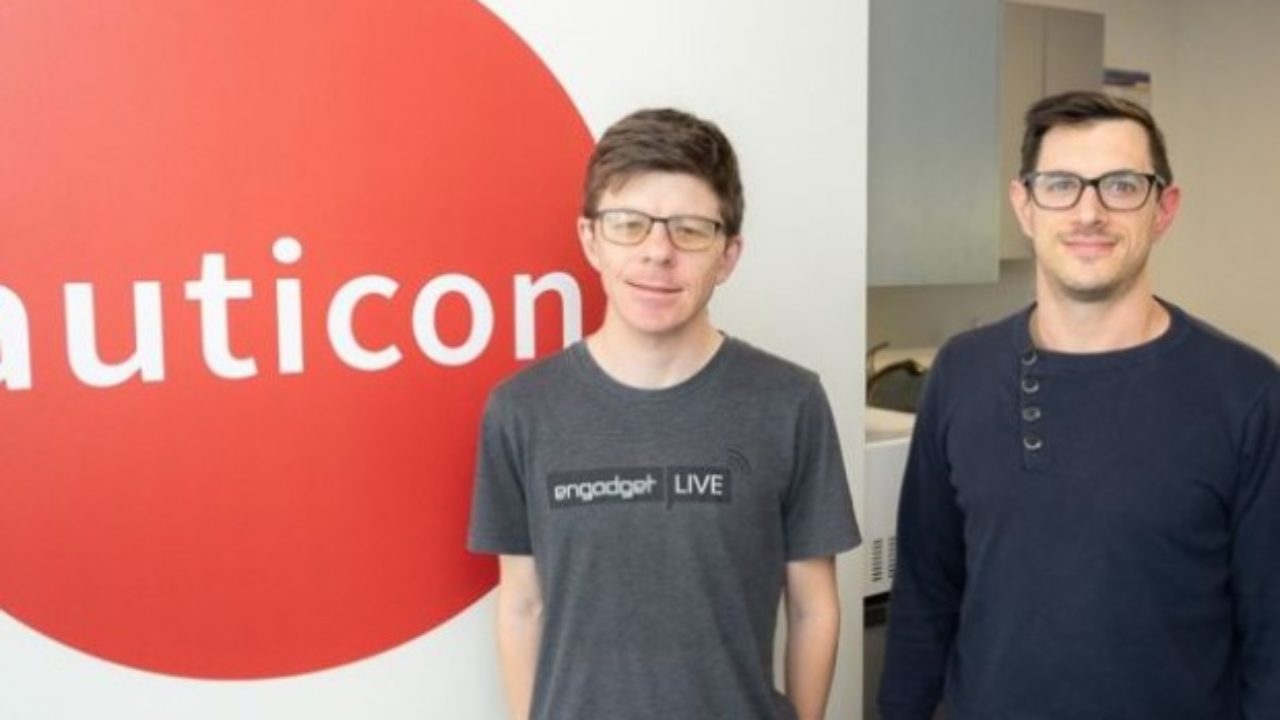
Location: London, Edinburgh and worldwide
What if we didn’t write people off as disabled, but instead worked with their strengths? That’s the logic behind auticon, an IT consultancy that exclusively employs autistic adults. By creating an autism-positive environment and focusing on employees’ talents, auticon is able to offer meaningful work and deliver high-quality services to clients including Experian, Allianz and Seimens.
96% of auticon consultants hold a STEM degree or equivalent, with 44% having graduated from one of the country’s Top 10 universities, yet nearly three-quarters were unemployed before starting work at the social enterprise. It’s clear that there is huge potential within the workforce, but few employers accommodate the neurodivergent.
auticon was founded in Berlin and now operates across Europe and North America. So far, the consultancy counts more than 200 colleagues worldwide.
HISBE
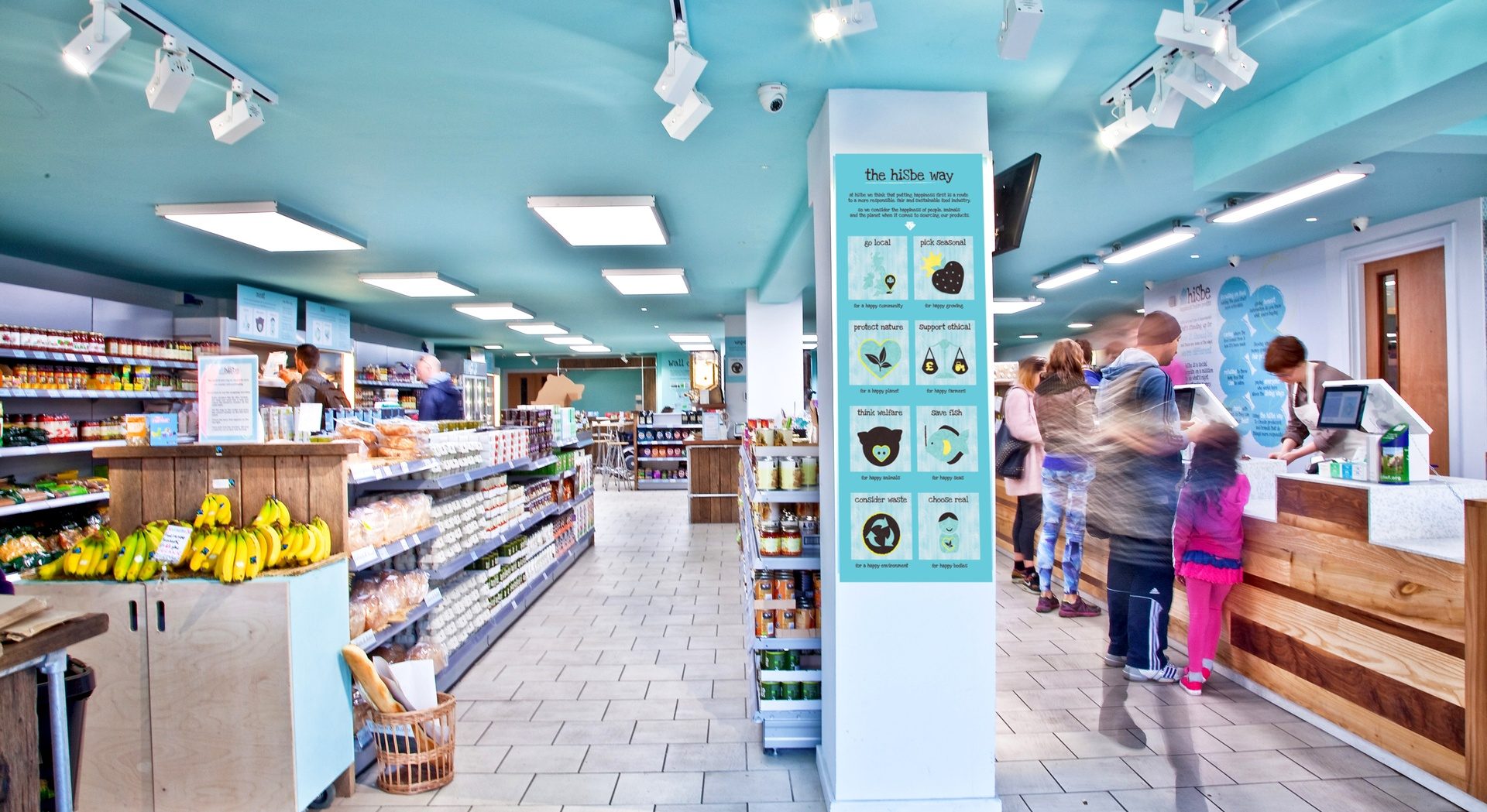
Location: Brighton
HISBE has been at the forefront of ethical shopping since its launch in 2013. Short for “How it should be”, this alternative supermarket stocks a wide range of local, sustainable, ethically made products with minimal waste.
Without shareholders to satisfy, HISBE is able to keep prices affordable, pay its suppliers and staff fairly and reinvest its profits into improving the shop. For every £1 spent at HISBE, 67p goes to producers.
At present HISBE operates just one store, but the community interest company has announced its intention to expand in coming years.
Britain’s Bravest Manufacturing Company
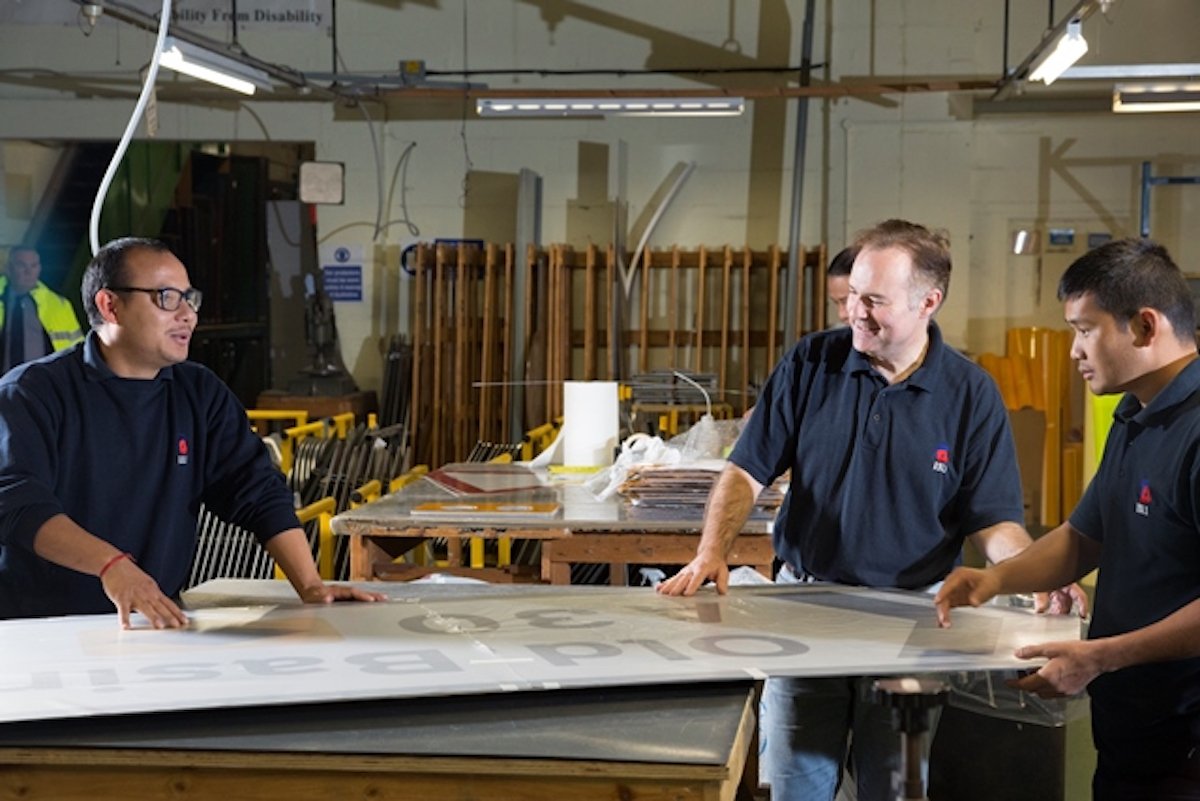
Location: Kent, Surrey
Britain’s Bravest Manufacturing Company is the largest social enterprise to provide employment opportunities to the Armed Forces community. The company works with ex-service members and people with disabilities to make a wide range of products, including the road signs used by local authorities, highway contractors and railway companies up and down the country.
Parent charity Royal British Legion Industries (RBLI) has employed veterans since its inception in 1919. While the main aim is to help ex-service members to regain their independence, many staff build long term careers within the company.
RBLI recently launched a production centre in Erskine, near Glasgow; it operates under the name Scotland’s Bravest Manufacturing Company.



